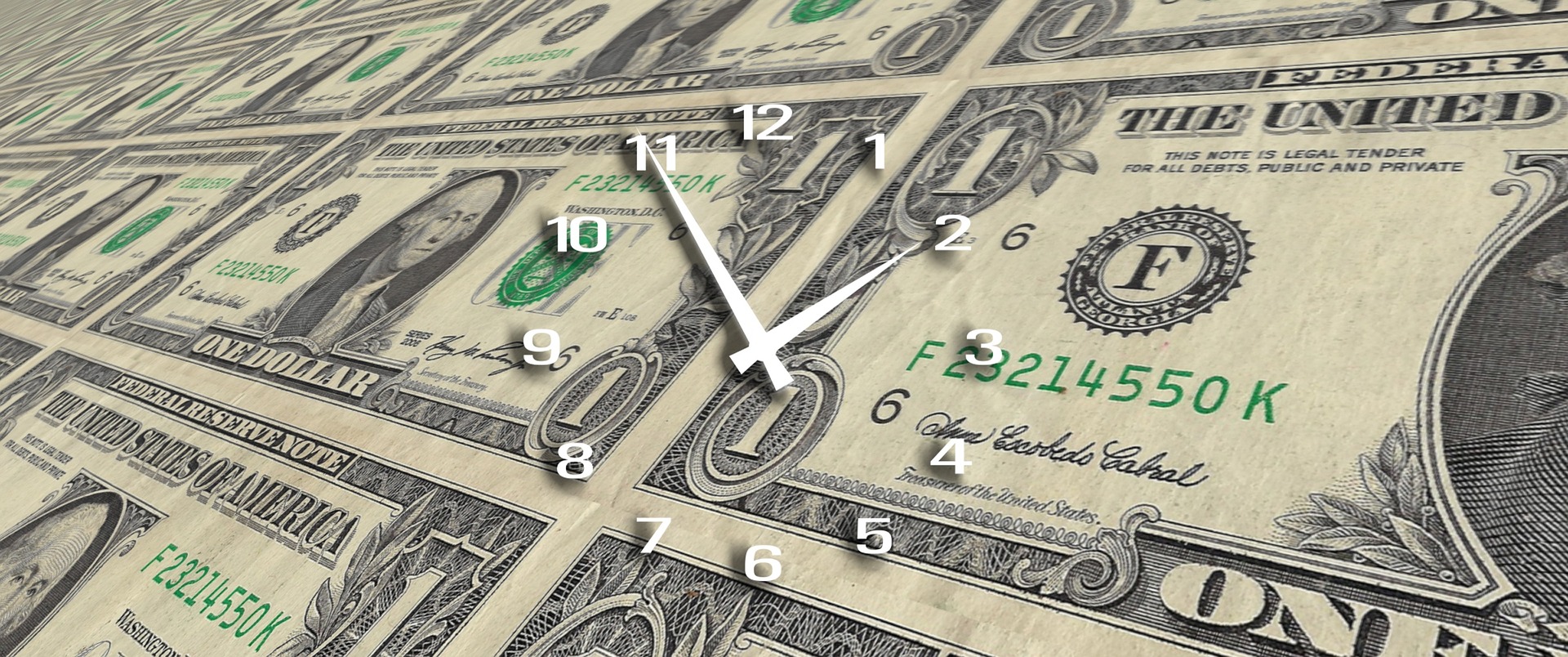In the last week we have seen major moves in the stock market (which most people notice) and, subsequently, the bond market (which most people don’t). Most of these moves are due to concern over how the virus outbreak in China will affect the world economy.
Why, you may wonder, would a virus affect the economy? The virus itself is not the issue, though. It is the reaction to the virus, both by governments and the public. China has shut down cities and restricted the travel of more than 33 million people. That alone will affect transportation companies (like taxis and airlines), as well as your day-to-day spending into the economy (coffees on the go, restaurants, gas). Add to that, several international companies have begun closing offices in the effected provinces, and countries are making efforts to evacuate their citizens.
China alone accounts for about one-sixth of global economic output, so if the shutdown puts a significant dent in China’s economy, it is likely to have a similar impact on other major global economies, like the United States. This is what got priced into the stock and bond markets over the last weeks. We saw the yield on the 10 Year Treasury note fall from 1.75% on January 23, to 1.52% today. Yields fall when prices rise, which occurs when investors seek safety in times of volatility.
A client recently asked me, “when will this current economy collapse?” Currently, I said, my concern is more with the stock market acting independently of the economy. Economic fundamentals look generally sound, and we would need a major disruption to see a change in the actual economy. That does not preclude a stock market correction happening outside of larger economic behavior.
What we have is not yet said major disruption, but this curveball is just the sort of thing I was referring to in that discussion. The long-term impact on the global economy and the U.S. economy is, of course, unclear. We can be sure, though, that the longer the outbreak goes on, the greater the impact. With interest rates still quite close to zero, I don’t envy the Federal Reserve their position managing monetary policy. In fact, I imagine they are feeling a bit ill themselves.
This information is not intended to be used as the only basis for investment decisions, nor should it be construed as advice designed to meet your particular needs. You are advised to seek the advice of your financial adviser, legal or tax professional, prior to making any investment decision based on any specific information contained herein.





